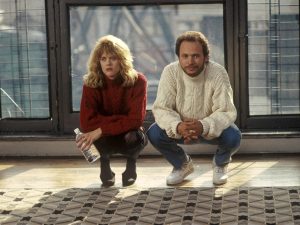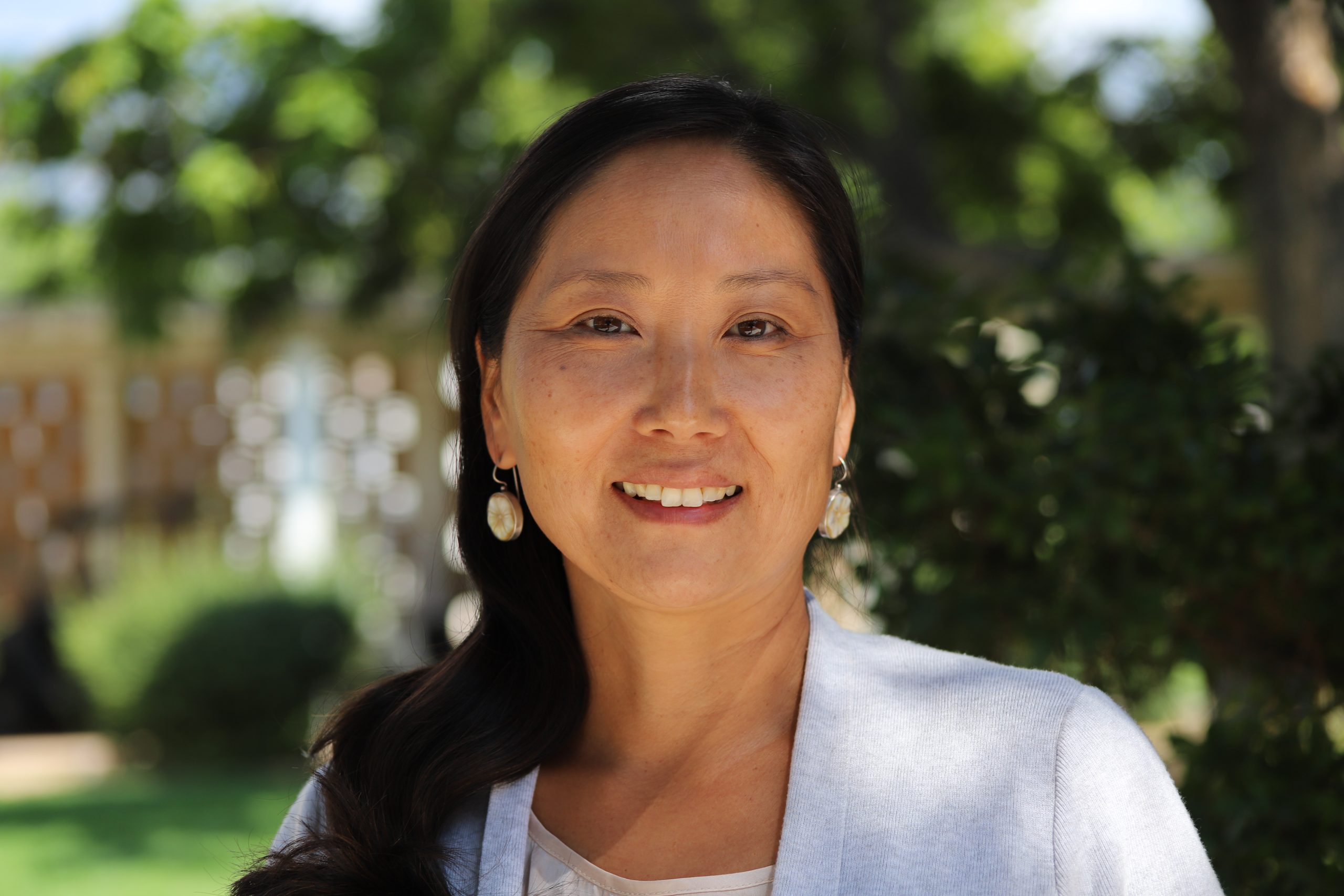$15 Minimum Wage will Hurt those it is Supposed to Help
March 16, 2021
In January, Democrats introduced the Raise the Wage Act of 2021, pushing for the gradual increase of the federally mandated minimum wage from $7.25 to $15. The minimum wage should not be raised to $15 an hour, though, because it will end up hurting those it was trying to help. While the idea seems noble and praiseworthy, the arguments for increasing the minimum wage remain based upon emotions instead of accounting for the economic consequences. This increase in hourly wage would ultimately end up hurting the people it was intended to benefit. It sounds nice: the idea that grocery store workers would get paid more, but they will ultimately be replaced by robots. Women and minorities would get an increased salary, but they will also lose healthcare benefits and proper training. Many high schoolers will get a little more spending money, but will it be used effectively in an effort to advance in the workforce?
Raising the minimum wage has a multitude of negative effects. For one, small businesses will be forced to raise their prices to make up for the growing cost of labor. This leaves customers weighing the benefits and drawbacks of spending more money for their products and they can easily elect to take their business elsewhere to larger corporations with more money at their disposal. Small businesses are already struggling in the pandemic, and forcing them to shell out more money might just leave some or all of their employees jobless. Larger corporations with more money to spend will see the increased labor costs and elect to invest in technologies that can displace workers. Amazon has launched several prototype stores called Amazon Go that emphasize no checkout and no lines. Without checkout, cashiers are out of jobs. These stores are paving the way and soon, other big chains will follow. They will follow even sooner if the minimum wage increases, for these businesses are all about making money. Corporations will do anything to achieve financial prosperity, and paying workers more money per hour does not fit into a financially prosperous plan for the future. Even if companies do not choose to go the artificial intelligence route of cashierless checkout and sensors that scan your groceries as you exit the store, studies show that to make up for the increased wage costs, employers reduce benefits and on the job training, things that are crucial to the health and effectiveness of employees. If the minimum wage is raised to $15 an hour, there will be fewer jobs available for those that need them and the people who have jobs will be less qualified for their positions than before due to the decreased individual training.With this, a higher minimum wage also baits people into staying in one place at one job for too long. People will work minimum wage jobs throughout high school, feel too comfortable, skip college, and after a few years, find out that they are not really marketable and there is no demand for people that have only had fast food experience in the real workforce. These jobs are not meant for a lifetime. They are not designed to provide for a family. These jobs are a starting point or a safe spot to weather the storm after a layoff. Higher pay gives minimum wage workers a false sense of security and makes them think the job was intended to support a lifestyle, which it wasn’t. On the contrary, lower pay encourages people to look for a more substantial job and evaluate their potential to learn and grow, possibly moving up the ranks in a well paying job.
Raising the minimum wage will only hurt the current minimum wage workers. It will negatively affect small businesses, big companies will replace their workers with robots, workers will lose health benefits and quality training, and it is important to remember that minimum wage jobs are not meant to support a lifetime; they are a safe place to land. A minimum wage job is just a start and should not define people’s futures.









Jack • Oct 27, 2021 at 12:16 pm
I agree!